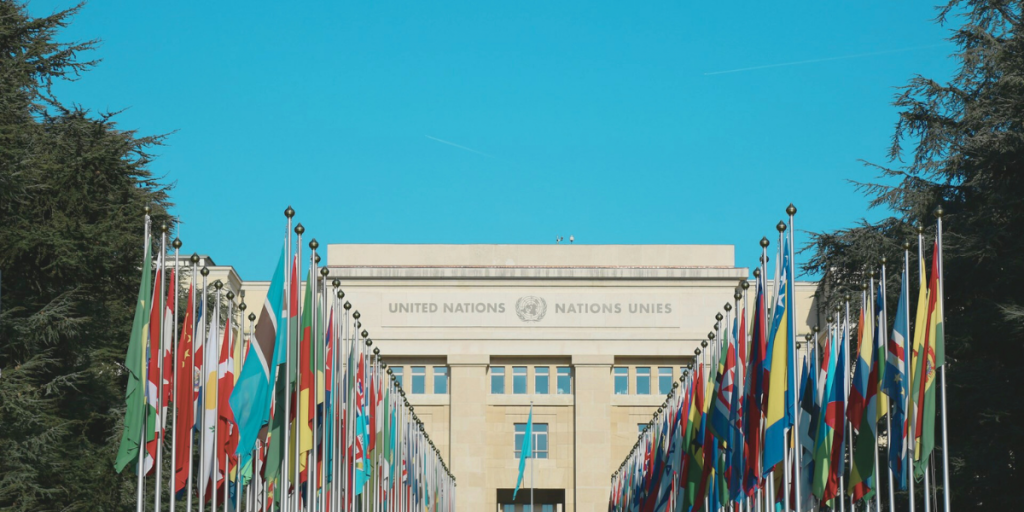
The present is overwhelmed with complex global challenges–polycrises that threaten to persist into the future. In this context, the need for a framework that necessitates policymakers consider long-term impacts when making decisions has never been more critical. The United Nations’ report, Our Common Agenda, proposes a landmark solution: a Pact for the Future and a Declaration on Future Generations.
The Declaration is a set of commitments that member states are signing up to – expected to be finalised soon. It sets out how they will account for the interests of future generations in national and global decision-making. Specifically, it outlines actions and policies that governments need to adopt to ensure that today’s decisions do not compromise on the ability of future generations to meet their own needs. This document aims to catalyse long-term, sustainable development strategies that go beyond today’s crises and lay a foundation for respecting the rights and interests of future generations.
Who are future generations?
Future generations are those who will live beyond our current generation’s lifespan. We, who were once considered ‘future generations’ by our predecessors, now enjoy the benefits–and bear the burdens–of their decisions. The health, prosperity, and environmental conditions we will leave behind will directly affect their life prospects and well-being. Recognising their rights and potential challenges is critical as the foundation for their world is being shaped by our actions today.
Why should we consider future generations?
While the problems of today are pressing, there are compelling reasons for us to consider future generations:
- Prevention is better than cure – it is widely accepted that being reactive to crises costs more. Integrating strategic foresight into policymaking can reduce future risks and their associated costs.
- Moral obligation to the future – ethical considerations compel us to protect the interests of the unborn. If we are able to prevent them from inheriting a diminished world, we should strive to do so.
- Future focus, present impact – addressing long-term challenges resolves many immediate societal issues. By considering future generations, we establish policies that improve our current society’s resilience, equity and sustainability. This approach helps mitigate potential generational conflicts and promotes more inclusive governance.
Practical commitments for lasting change
Shifting to an anticipatory governance structure–one that anticipates than merely reacts–is necessary for transformative change. The Declaration on Future Generations is designed to institutionalise long-term thinking within policymaking frameworks. By embedding strategic foresight into governance processes, the Declaration ensures that policies are robust enough to withstand future challenges and support sustainable development across various fronts. Key considerations for the Declaration include climate change, emerging technologies, existential risks and long-term development.
Some of the practical approaches in the latest draft include policy assessment, intergenerational dialogue, building foresight capability and cross-sector collaboration. There is widespread good practice on this already, as shared at the recent roundtable on Long-Term Governance and Future Generations, hosted at the UK Mission to the UN.
Looking to the Summit
As we approach the Summit of the Future in September 2024, it is imperative that national governments prioritise high ambition in implementing a strong Declaration on Future Generations and Pact for the Future. The Pact, which will be adopted at the Summit presents a new direction for global governance. This framework looks to better deliver existing commitments and safeguard the future, comprising a chapeau and five chapters.
This commitment is crucial for both future resilience and current societal well-being. These discussions are integral to the well-being of our societies, encouraging innovation in governance and enabling more effective, inclusive conversations about the future. It is time for the multilateral system and member states to mainstream long-term governance. This summit is a once-in-a-lifetime event–the only UN summit focussed on the future. We must use this opportunity to strongly commit to a more resilient and equitable world for current and future generations.
Learn more about our Summit of the Future programme. Read the most updated Declaration and review the currently under consultation Pact for the Future.
